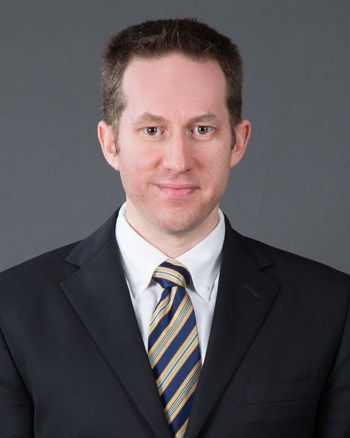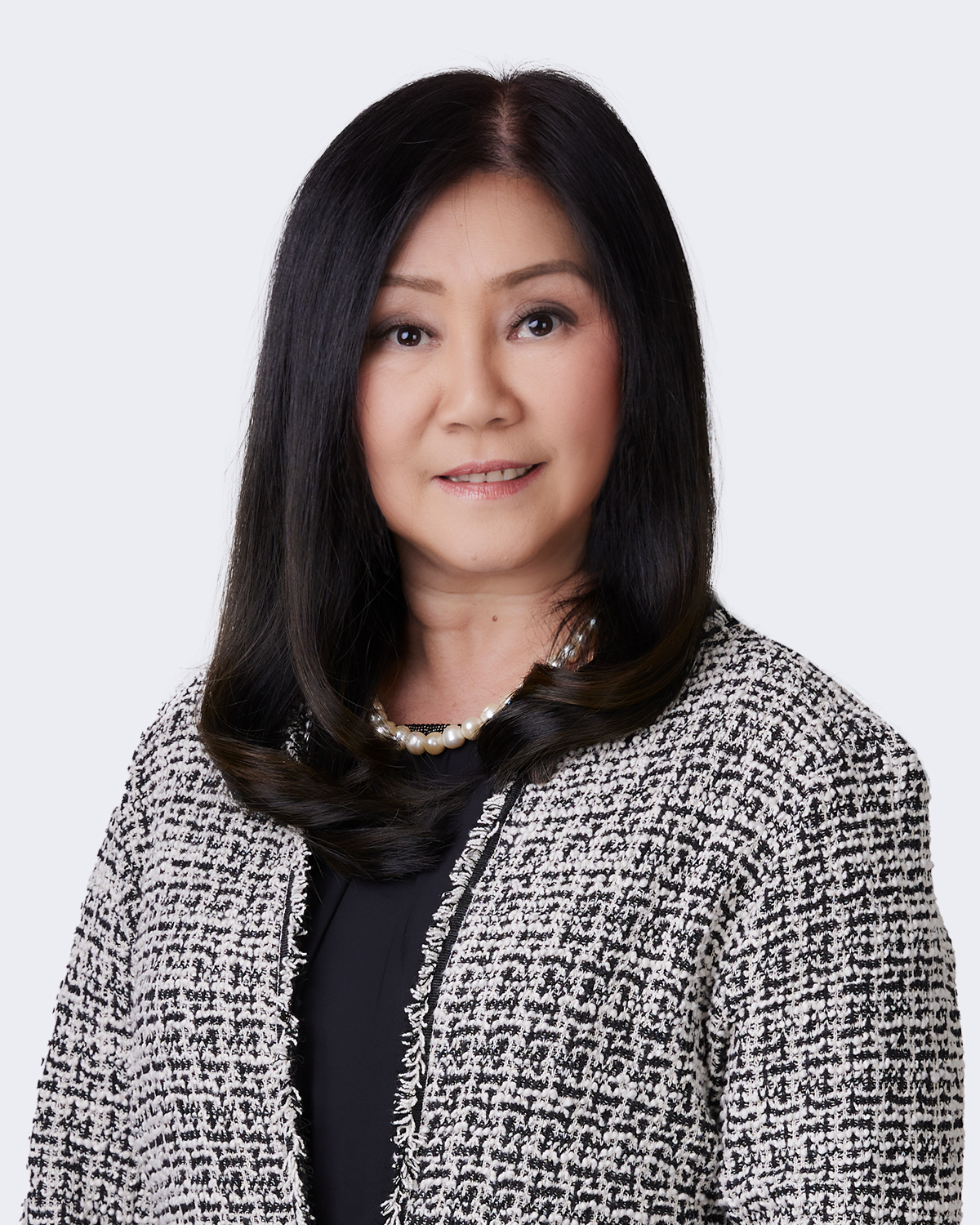
The ASEAN Framework Agreement on Services (AFAS) was signed in 1995, and among its goals was “to liberalize trade in services by expanding the scope and depth of liberalization beyond those undertaken by Member States under the GATS with the aim to realize a free trade area in services” (Article 1(c)). As a general matter, AFAS adopts the same four modes of supply as used in GATS, including (1) cross-border supply, (2) consumption abroad, (3) commercial presence, and (4) presence of natural persons.
Since 1995, ASEAN member countries have gone through several rounds of negotiations, with the goal of easing the flow of services within the ASEAN region. As such, the movement in natural persons (GATS mode 4) is negotiated in the overall context of enhancing trade in services among ASEAN member countries.
To this end, one of the goals set in the ASEAN Economic Community Blueprint is the free flow of skilled labor. However, Thailand’s domestic laws are far more restrictive. For example, the Alien Employment Act imposes work permit requirements, and also gives effect to a 1979 Royal Decree, wholly excluding non-Thais from some 39 occupations reserved for Thai nationals.
Given that other member countries face similar issues, Article 33 of the Blueprint provides that, “in allowing for managed mobility or facilitated entry for the movement of natural persons engaged in trade in goods, services, and investments, according to the prevailing regulations of the receiving country, ASEAN is working to facilitate the issuance of visas and employment passes for ASEAN professionals and skilled labor who are engaged in cross-border trade and investment-related activities.” Article 34 goes on to provide that in facilitating the free flow of services (i.e., by 2015), ASEAN is also working toward harmonization and standardization, with a view to facilitate the movement of skilled labor within the region. As such, the ASEAN framework goes beyond a push to simplify visa and work permit processing, as it also involves the establishment of mechanisms by which member countries can recognize the professional qualifications issued within each. Clearly, harmonization and standardization of professional qualifications across member counties is a difficult undertaking.
At the ASEAN Summit in Bali in 2003, member states agreed that they would address these concerns by putting in place Mutual Recognition Arrangements (MRAs), applicable within individual lines of work. They are written to set out the responsibilities of the country of origin, on the one hand, and the host country, on the other, but also to set out responsibilities for the skilled laborers themselves.
With respect to an MRA, the general approach is that, to be eligible to work in the host country, the skilled laborer must meet the requirements applicable in the skilled laborer’s country of origin. These would include, for example, appropriate qualification, professional registration and/or license, minimum experience, satisfaction of continuing education requirements, lack of professional misconduct and no pending investigations thereof, and perhaps other requirements such as medical examinations or competency assessments. However, the eligibility of a skilled laborer to work in a particular host country would always be subject to the host country’s domestic laws and regulations. Moreover, if a skilled laborer is eligible to work in the host country, the skilled laborer will still be obligated to follow the host country’s rules of professional conduct, applicable local laws and regulations, insurance/liability requirements, etc. In addition, there is provision for mutual respect for cultural and religious differences, as well.
As of now, MRAs have been adopted with respect to nurses, architects, engineers, medical practitioners, and dental practitioners. For accountants and surveyors, the member countries have agreed to a framework by which their qualifications could be recognized, and have encouraged member states to negotiate MRAs among themselves, covering these lines of work.
However, Thailand has yet to adopt domestic legislation to implement MRAs and, in fact, faces an interesting journey to do so by 2015. Aside from the need to amend domestic law, the development of MRAs presents significant challenges for some lines of work, given the differences in educational standards across member countries. To address this issue, there are also efforts to develop core competencies and qualifications for various lines of work, and the ASEAN University Network is looking at ways to increase mobility for students and staff within the region. In any case, further MRAs are expected as 2015 approaches.
Considering all relevant provisions, it is important to be aware that these treaties or agreements do not function to override local law. Indeed, all of the various measures make it clear that the treaties and agreements are applicable only in accordance with prevailing laws and regulations of the host country. Practically, this means that member countries can still impose significant restrictions on the movement of natural persons. In Thailand, for instance, the Alien Employment Act remains in force, and thus foreign employees still need visas and work permits. Moreover, for some lines of work, it may be impracticable to comply with applicable professional obligations of the host country, given host country issues such as language barriers.
Ultimately, we will not see the full benefits of the single ASEAN market without the free movement of natural persons. AFAS is a major component of this, and so is the 2009 ASEAN Comprehensive Investment Agreement, which contains relevant provisions with respect to movement of natural persons associated with cross-border investment, including involved companies and their senior personnel. The free flow of natural persons works along with the movement of capital and particularly services to help all member countries to maximize their economic growth and thus benefit their people.

